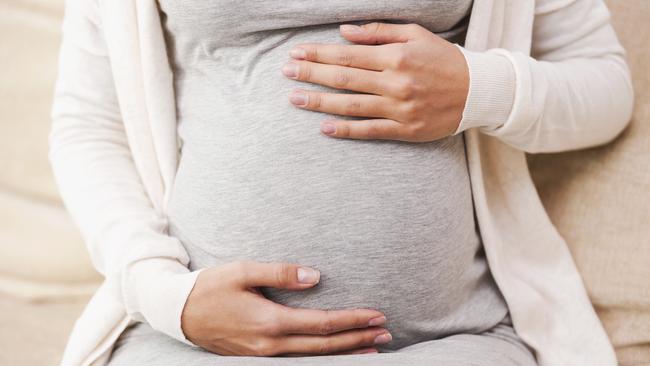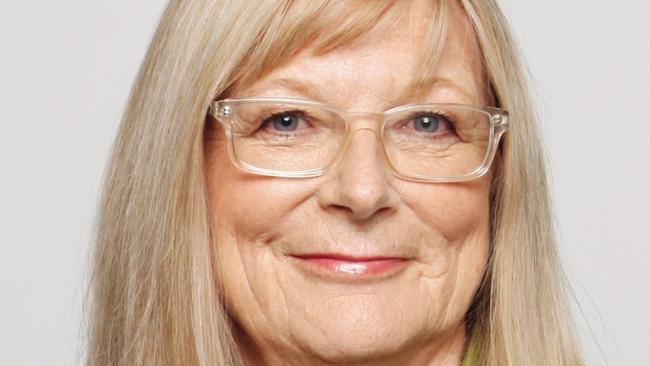Educated women more likely to continue drinking alcohol throughout pregnancy, study finds
UNIVERSITY educated women, aged in their early to mid-30s and who smoke, are more likely to continue drinking alcohol throughout pregnancy.

VIC News
Don't miss out on the headlines from VIC News. Followed categories will be added to My News.
UNIVERSITY educated women, aged in their early to mid-30s and who smoke, are more likely to continue drinking alcohol throughout pregnancy.
And with some women giving themselves a leave pass to drink heavily at special occasions while pregnant, public health experts say doctors need to get over the awkwardness of asking mothers about their pregnancy alcohol use if their children were exhibiting behavioural or cognitive problems once at school.
The survey by Murdoch Childrens Research Institute of 1570 women attending public hospital antenatal clinics in Melbourne, found while 41 per cent did not drink during pregnancy, just over a quarter drank only in the first trimester — half of these at moderate-high levels — and a further quarter continued drinking throughout pregnancy.
One in five women binged on alcohol before they realised they were pregnant.
Women with a tertiary degrees were twice as likely to continue drinking at moderate-high levels while pregnant, while those with a household income of more than $100,000 were both more likely continue consumption and binge drink before they were aware they were pregnant.
Researchers said the findings suggested prevention messages be targeted to those at highest risk; first-time mothers with unplanned pregnancies, those who first got drunk before age 18, and women who didn’t feel the effects of alcohol quickly.
Professor Jane Halliday, MCRI group leader of public health genetics, told the Royal Women’s Hospital’s Cool Topics neonatal conference that with new guidelines for the diagnosis of Foetal Alcohol Spectrum Disorder released this year could help with treatment and prevention, as the effects of prenatal alcohol exposure were not always seen at birth.
The guidelines aim to simplify the checklist of facial features and neurodevelopmental problems to inform a formal diagnosis.

“A lot of research is coming out now saying that up to five per cent of children in mainstream settings may have FASD,” Prof Halliday said.
“It’s hidden among other conditions such as ADHD and behavioural problems. But clinicians don’t ask about alcohol in pregnancy because it attaches blame and stigma.
“In our focus groups highly educated women kept saying; I kept drinking until I was 12 weeks because I didn’t want people to know I was pregnant.
“Early in pregnancy is a very important stage of embryo development.
“Ideally women will plan pregnancies. If you stop contraception and start taking folate, stop drinking. It’s a totally preventable problem.”
The findings were published in the journal BMC Public Health.


